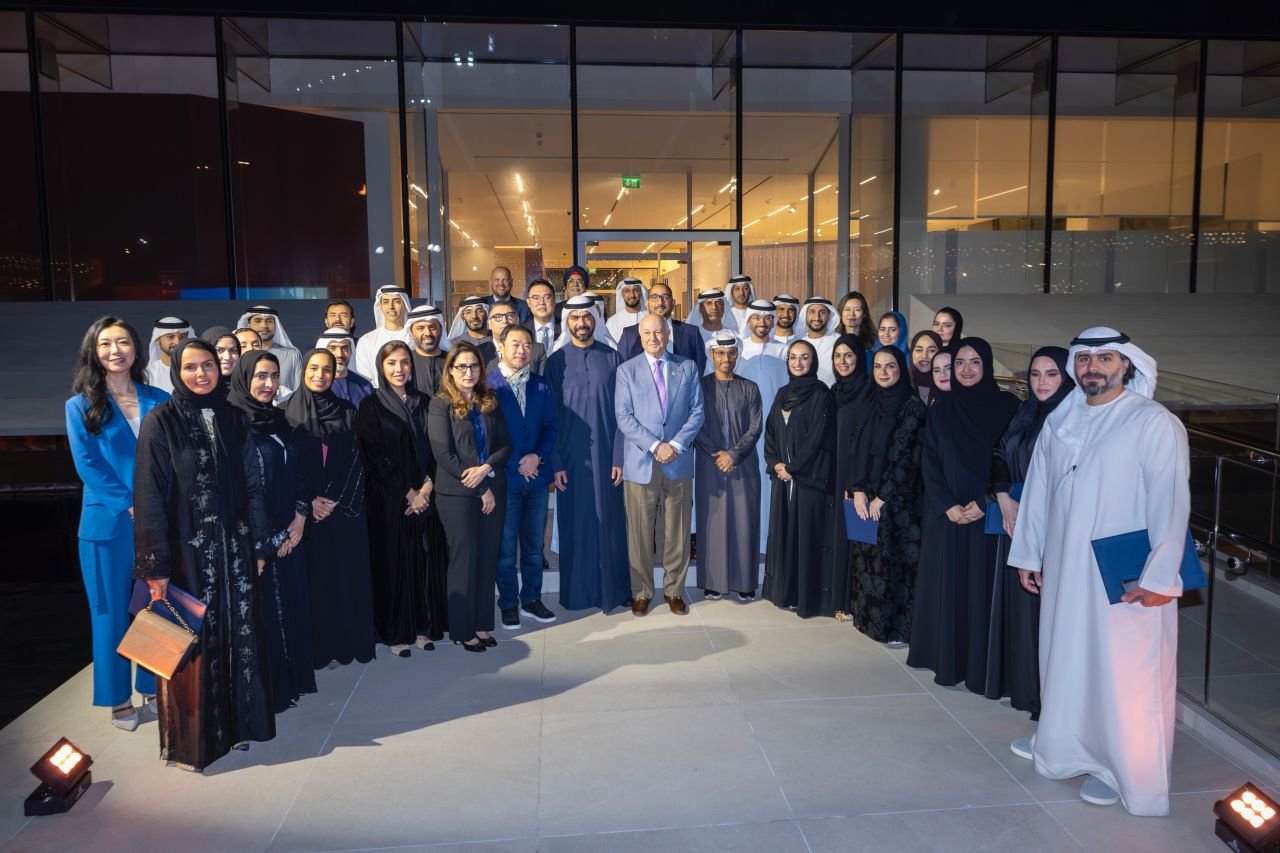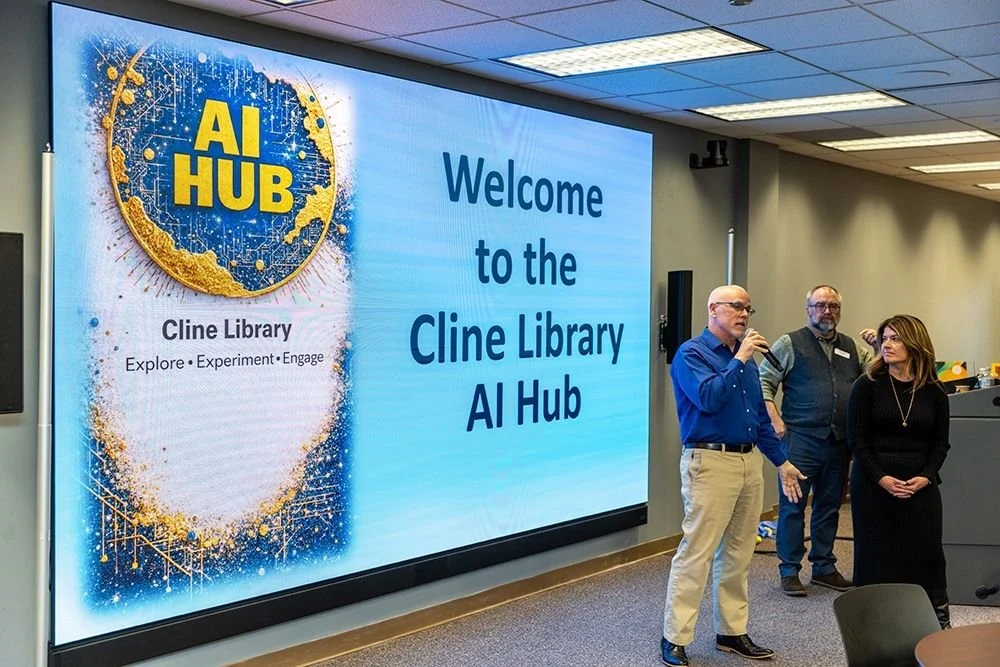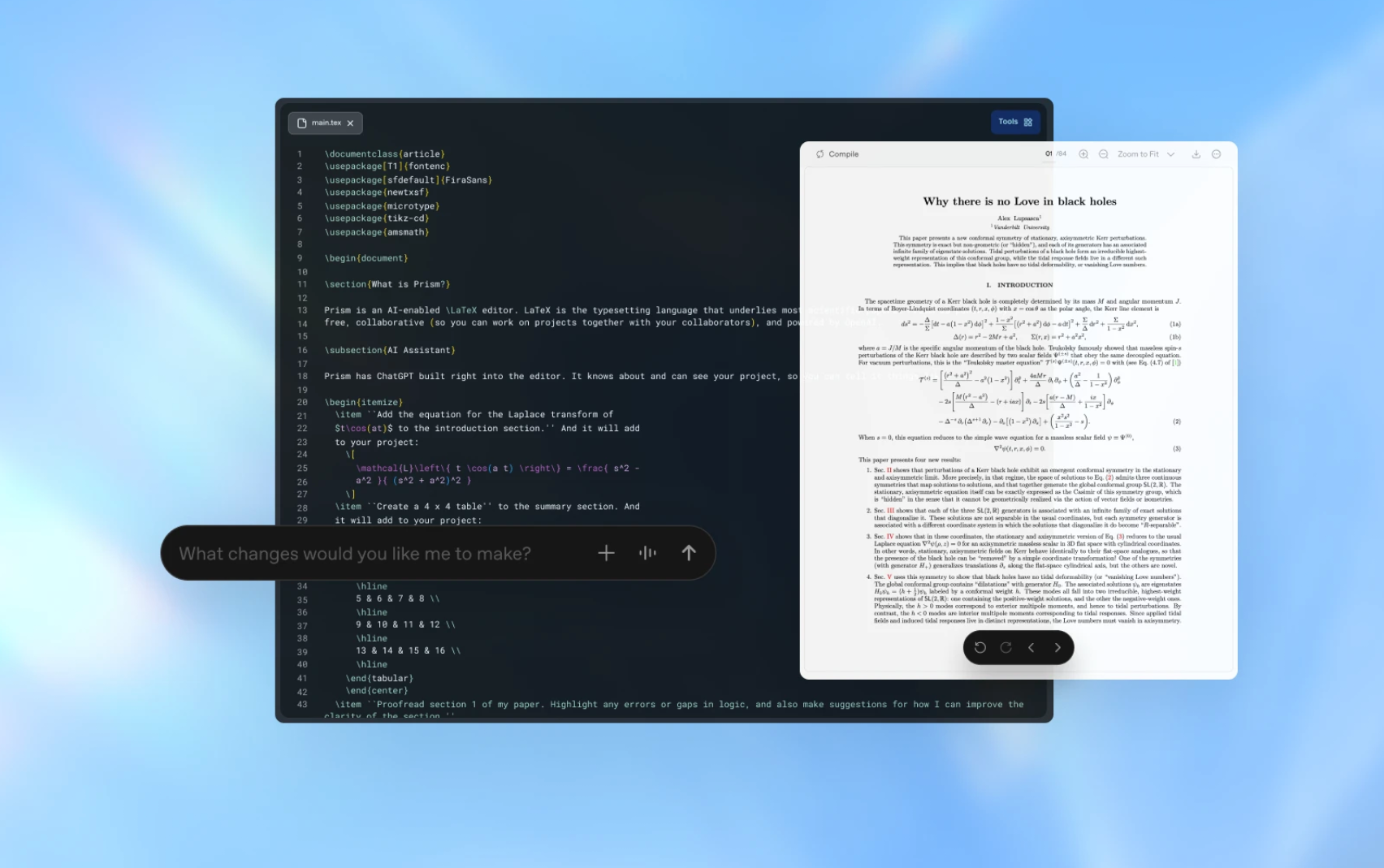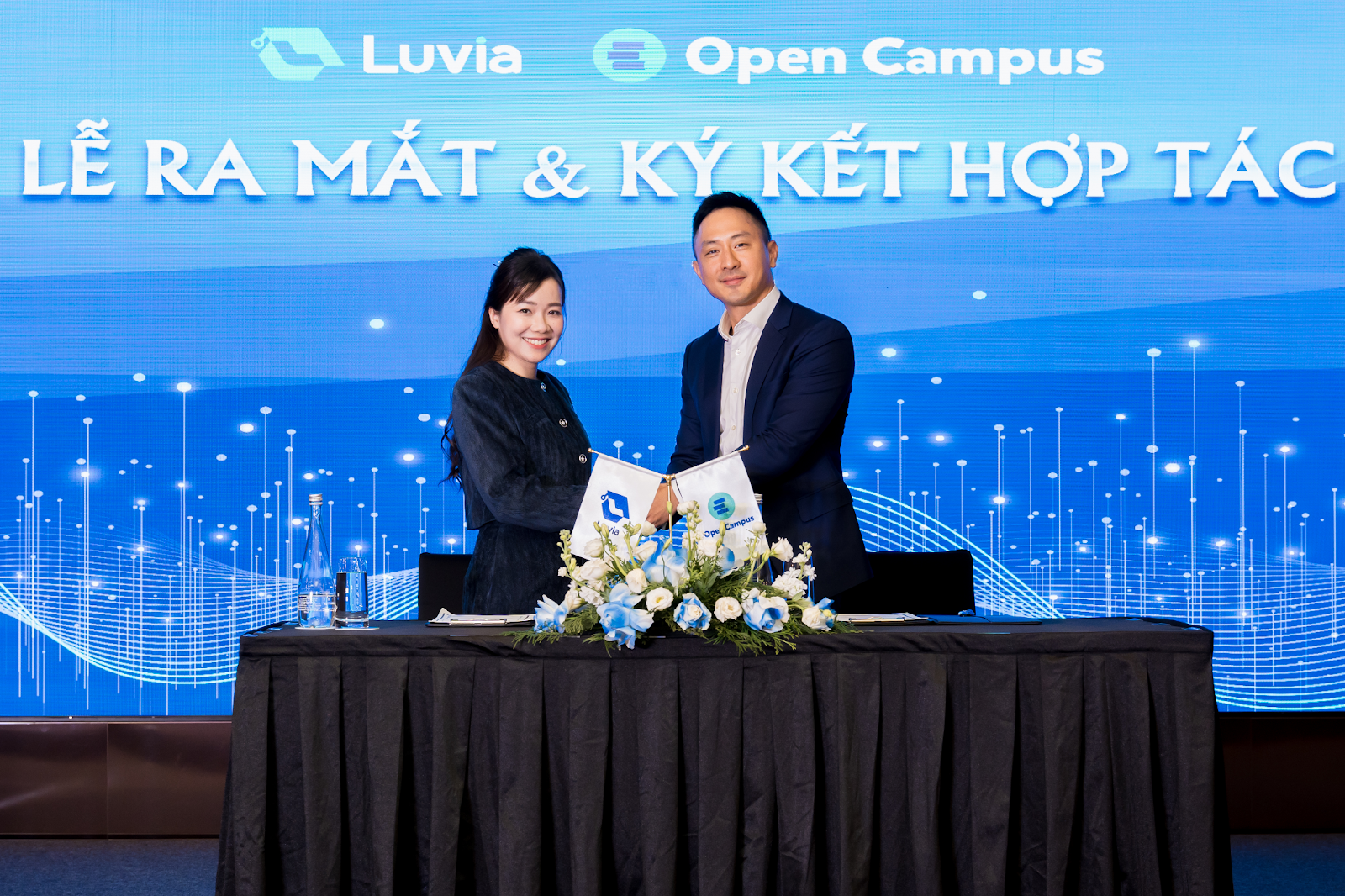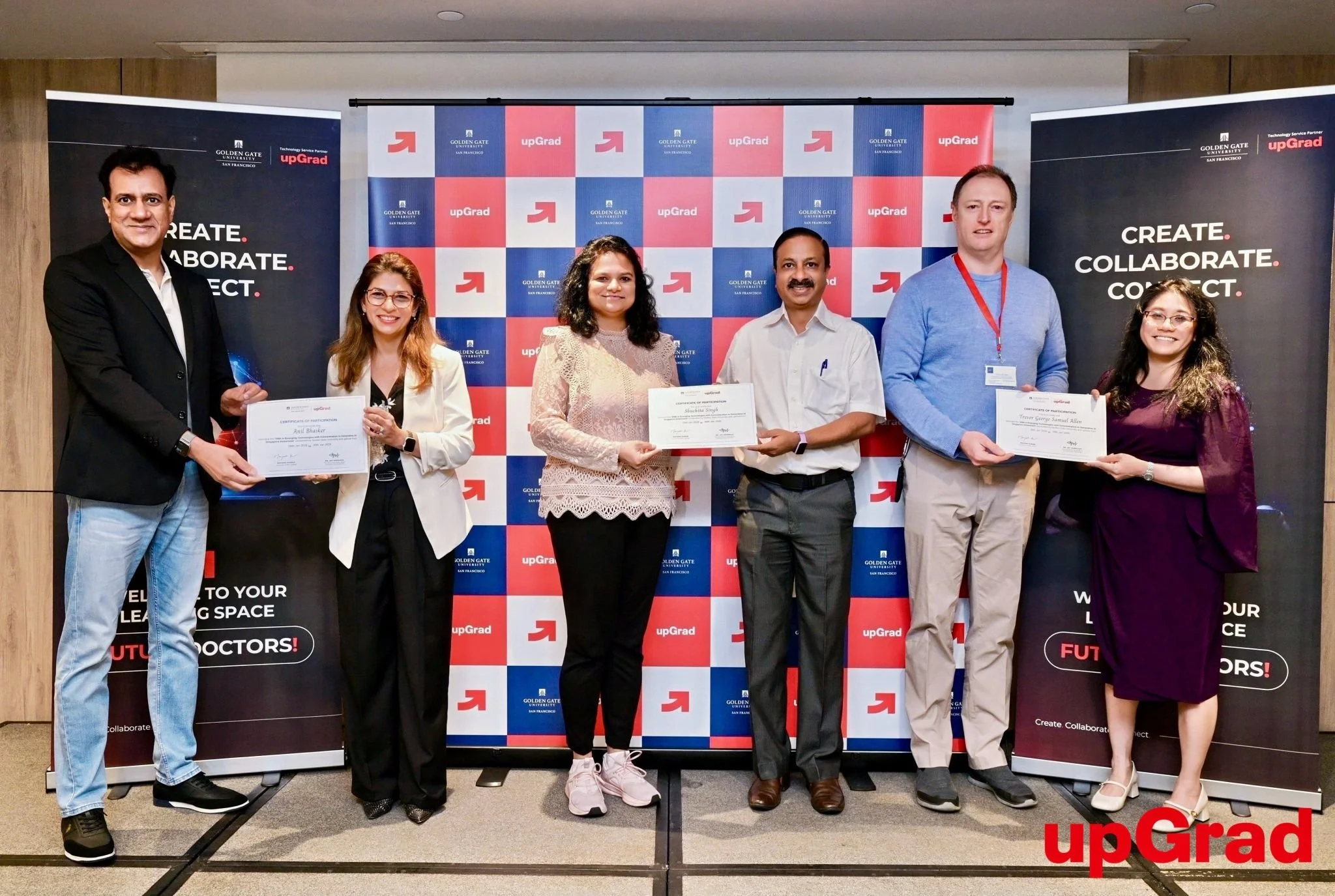New Multiverse report identifies 13 human skills gaps that threaten the adoption of AI technologies
Multiverse, a learning platform for AI and tech adoption, has identified 13 human skills necessary for successful AI adoption and warns it may not reach its potential without them.

One of the key skills necessary for AI adoption is critical thinking, and MIT researchers have already identified that over-reliance on generative AI can reduce these skills.
Multiverse argues the human skills deficit created by an over-reliance on AI could threaten its successful adoption.
Research from Accenture previously predicted that AI could contribute £736 billion to GDP in the UK by 2038, so Multiverse claims a substantial gap between AI’s potential and the human skills needed for its effective deployment could present a significant risk to UK productivity and growth.
Using qualitative and observational methods, Multiverse has created a skills taxonomy to support staff and organizations in delivering meaningful impact with AI. The tolls aim to help organizations better understand their current capabilities ahead of upskilling projects.
“Leaders are spending millions on AI tools, but their investment focus isn't going to succeed. They think it's a technology problem when it's really a human and technology problem. Without a deliberate focus on capabilities like analytical reasoning and creativity, as well as culture and behaviours, AI projects will never deliver up to their potential," explains Gary Eimerman, Chief Learning Officer at Multiverse.
"This framework provides a new model for talent development in the age of AI, which must include human skills as well as technical skills in order to drive tangible business results.”
“We need to start looking beyond technical skills and think about the human skills that the workforce must hone to get the best out of AI,” adds Imogen Stanley, Senior Learning Scientist at Multiverse, who led the development of the skills taxonomy.
“What we found during our first principles research phase was that skills like ethical oversight, output verification, and creative experimentation are the real differentiators of power AI users. By developing these specific skills, employees can move from being passive users of AI to active drivers of innovation and value.”







